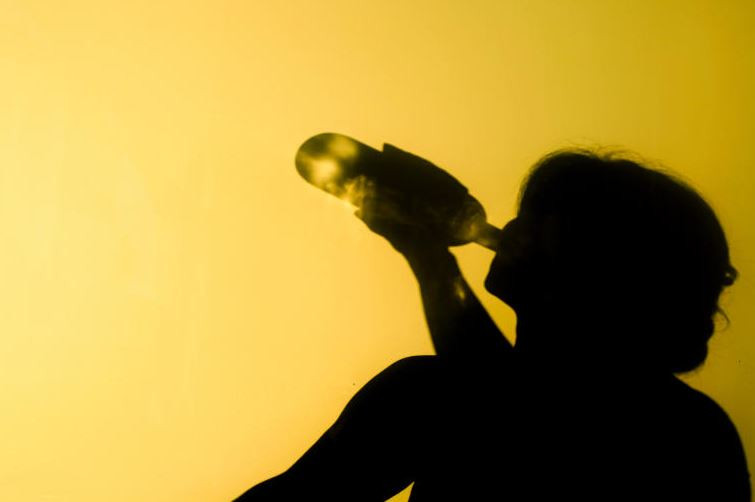×
The Standard e-Paper
Join Thousands Daily

People all over the world look forward to the festive season. It is a unique time that allows most people to reconnect, relax, and spend quality time with friends and family away from the hustle and bustle of everyday life.
It is also a time for people to reflect on the year that has just ended, take stock of successes and failures, and make plans for the new year.